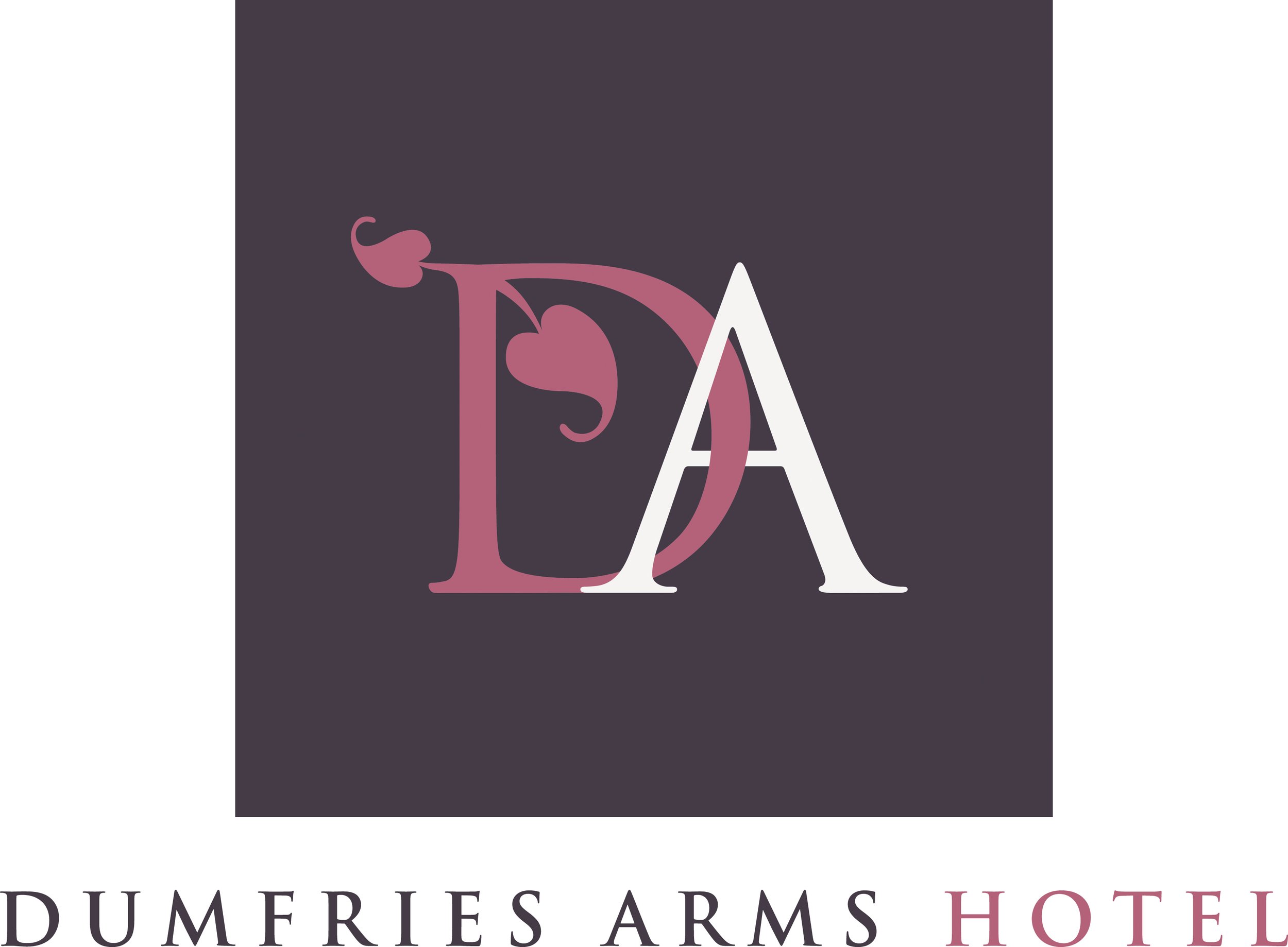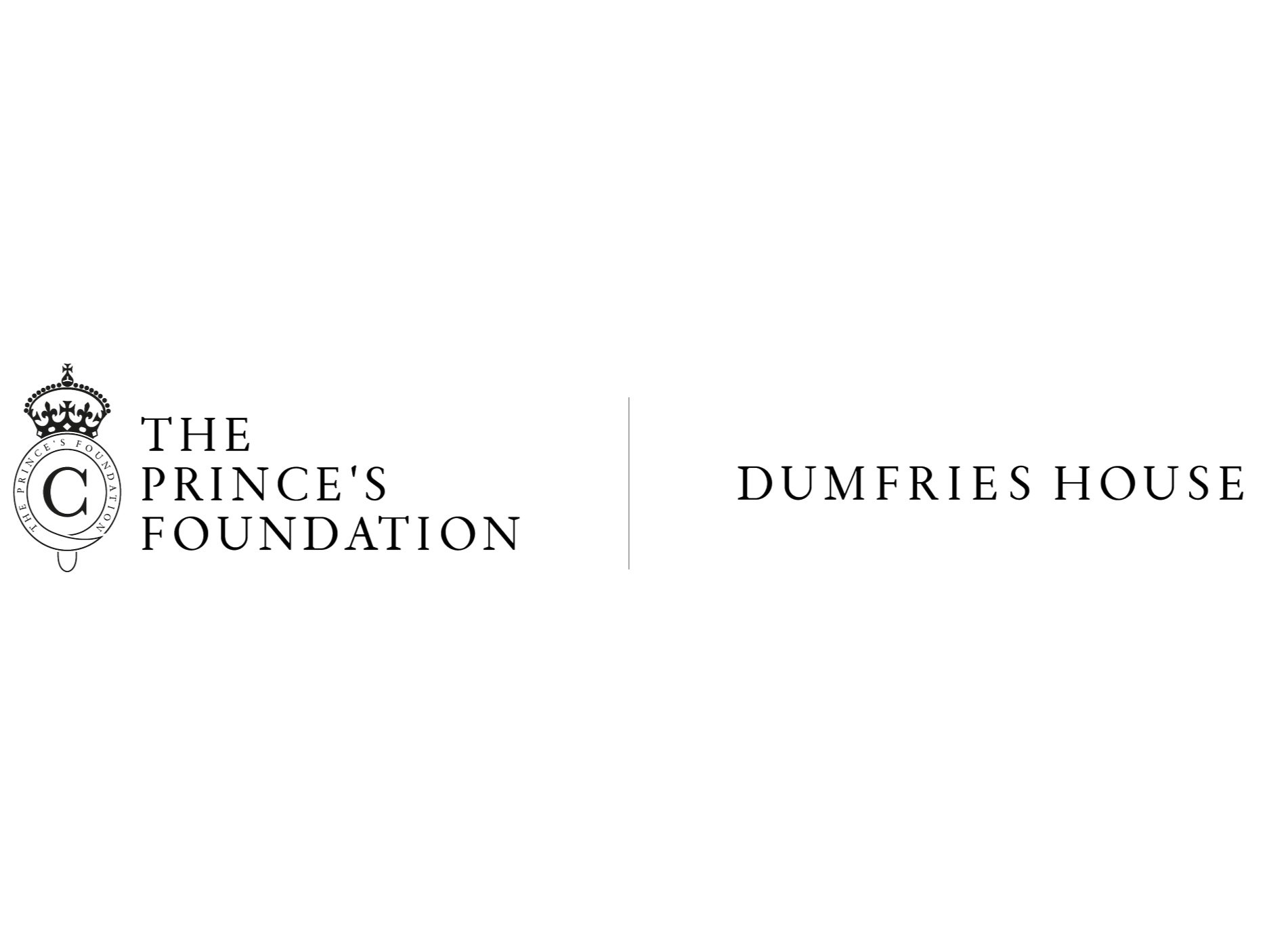The Cumnock Tryst Music Club - RSNO Piano Quartet Q & A
/With the very first concert in our brand new Cumnock Tryst Music Club series kicking off at Dumfries House this weekend, we caught up with Lorna from the Royal Scottish National Orchestra Piano Quartet to find out a bit more about the ensemble and what they have in store for Cumnock audiences.
Can you tell us a little about how the RSNO Piano Quartet came to be?
As well as playing together most days as members of the RSNO, myself (Lorna), Sophie and Betsy live near each other in Glasgow. One time I suggested that we get together to play some chamber music, and the dynamic just worked! Sophie and Betsy had worked with Ed before, so he seemed an obvious choice of pianist. When we played together for the first time a couple of years ago we all enjoyed it so much that we decided that we should do it more!
Why did you choose the programme you have for the Cumnock Tryst Music Club?
We seem to gravitate towards Romantic repertoire! It makes sense to choose music that we all love, and clearly we all have the same taste! The Mahler was a bit more of an unusual choice. It’s always interesting to discover music that is less well known. Last year we played a very early Sibelius piano quartet together, and this year it’s early Mahler. There isn’t much of a “tradition” when it comes to how lesser-known pieces are performed, so it feels more like we can create our own unique approach!
Can you explain a little about what audiences can expect from the programme if they haven’t heard the pieces before?
The Mahler is quite unlike his more famous symphonies. It is more simplistic in its harmonies and texture, and makes for quite easy listening! However, there’s still room for many of the emotional aspects you might expect in Mahler’s music - overall it has a quite a brooding atmosphere, but there are moments of quiet intimacy as well as passion.
Although the Schumann is a Romantic work, he still seemed to have one foot in the past. Some of it sounds quite Classical, and towards the end of the last movement, there is a section in which the violin and viola parts could have been lifted straight from Bach (though, typically for Schumann, the piano is going crazy alongside us!).
Brahms is known for having a more contained approach to Romanticism in his music. He never goes over the top - but in his chamber music, his passionate side seems to be given more of a voice. He certainly doesn’t seem to have held back in this wonderful Piano Quartet!
Do you think it’s important for professional musicians such as yourselves to play for audiences in more rural areas, away from the big concert halls of the main cities?
It’s absolutely essential! None of us grew up in big cities, so we would not have had exposure to live music if it only happened in the cities. Listening to music live is a completely different experience to listening to a recording, and the opportunity to hear that should be open to everyone, no matter whether they live.





















